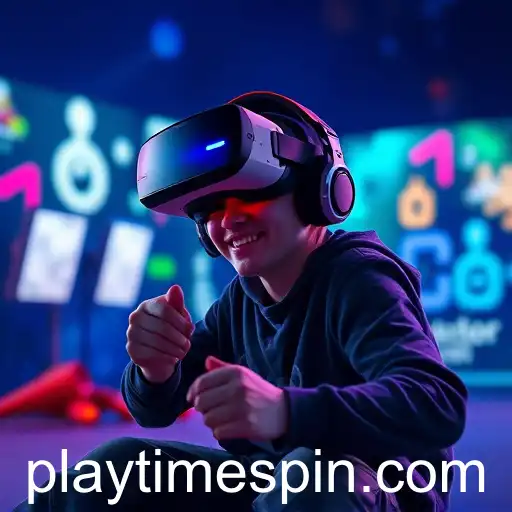
Exploring the transformation of playtime with the rise of digital technologies, virtual reality, and the online gaming community.
In recent years, 'playtime' has undergone a remarkable transformation. Once associated merely with physical toys and outdoor activities, the concept of playtime now extends into the digital realm, thanks to advancements in technology and the explosive growth of online gaming platforms.
The gaming industry has experienced unprecedented growth, with technological innovations such as virtual reality (VR) redefining user experience. VR headsets have brought immersive environments into households, allowing players to step into the worlds they once only imagined. This level of engagement has increased the appeal of gaming as a prominent form of playtime among not only young people but also adults who seek novel and interactive entertainment.
Additionally, the evolution of internet connectivity has played a crucial role in reshaping playtime dynamics. The rise of esports and online gaming communities has created new social avenues. Multiplayer games enable players from various geographical locations to interact, collaborate, or compete in real-time, thus fostering an entirely new level of community engagement.
Streaming platforms like Twitch have further expanded the playtime ecosystem, converting passive spectators into active participants. Gamers can now showcase their skills, engage with fans, and even earn a living through various monetization strategies. This marks a significant cultural shift in how playtime is perceived and valued.
While these developments offer myriad opportunities, they also present challenges such as the need for digital literacy, concerns over screen time, and the potential for digital addiction. It is essential for players, parents, and industry stakeholders to maintain a balance, ensuring playtime remains a healthy and enriching experience.
2025 promises further advancements with emerging technologies like augmented reality (AR) and artificial intelligence (AI) poised to blend physical and virtual play seamlessly. As the concept of playtime continues to evolve, it remains a vital part of human culture, adapting beautifully to the digital age while maintaining its core essence of fun and engagement.




